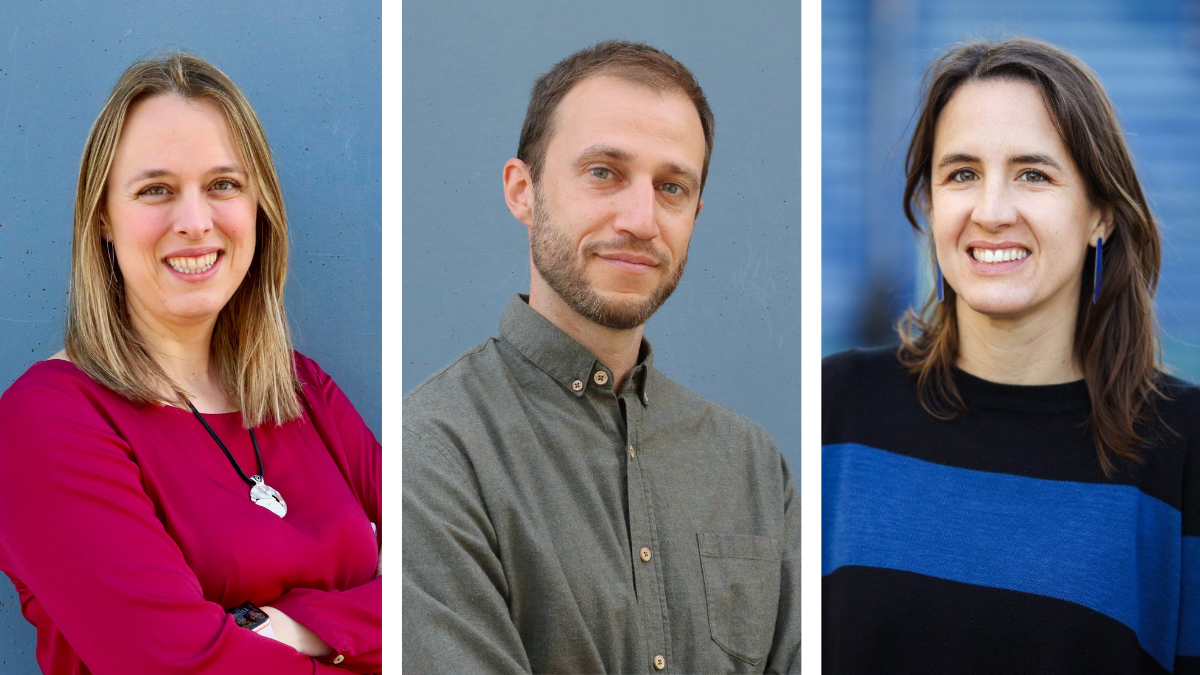Thematic Network. NET-CNS Workshop 3: Overcoming Therapeutic Barriers in CNS
This third workshop will focus on overcoming therapeutic barriers in CNS disorders, with particular emphasis on delivery strategies, biological interfaces, and translational challenges. Schedule 09:00 – Registration 09:20 – Welcome … Read more


